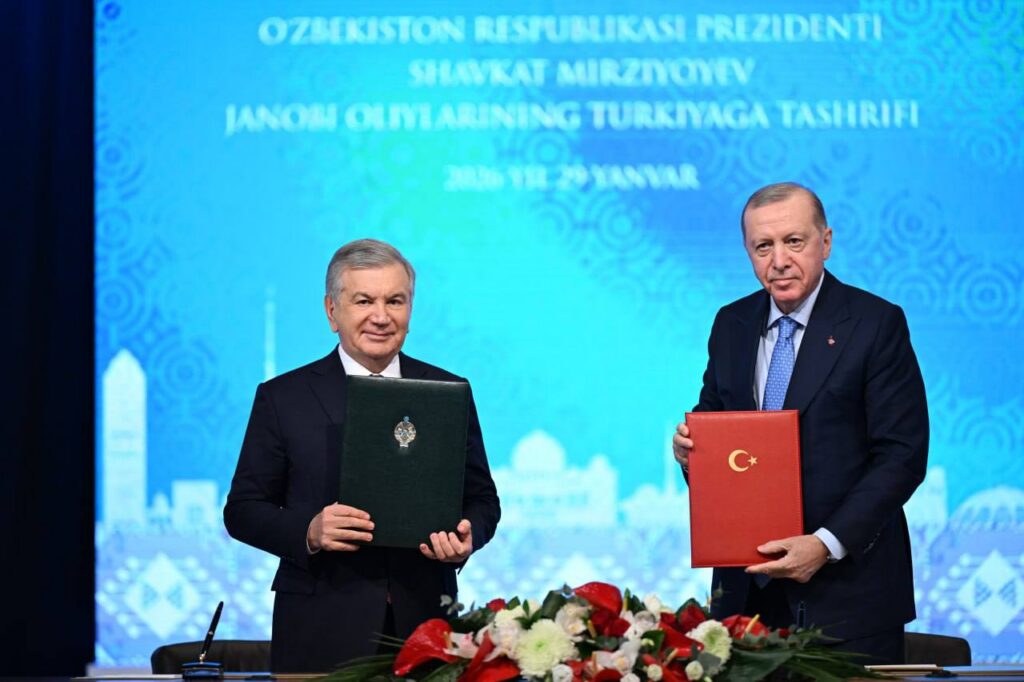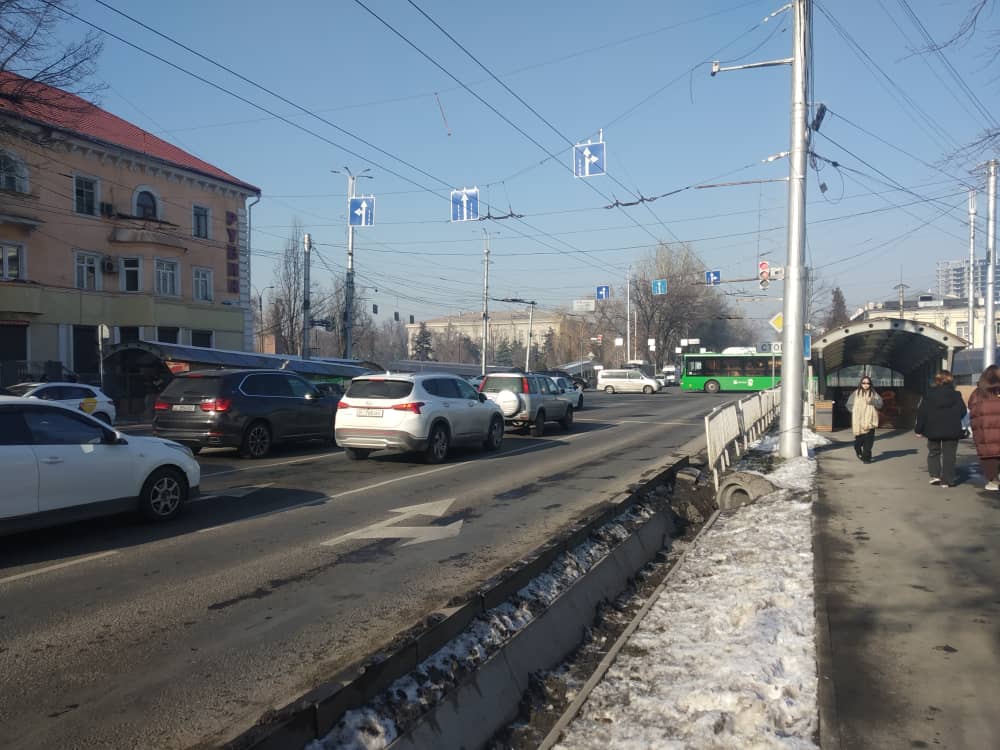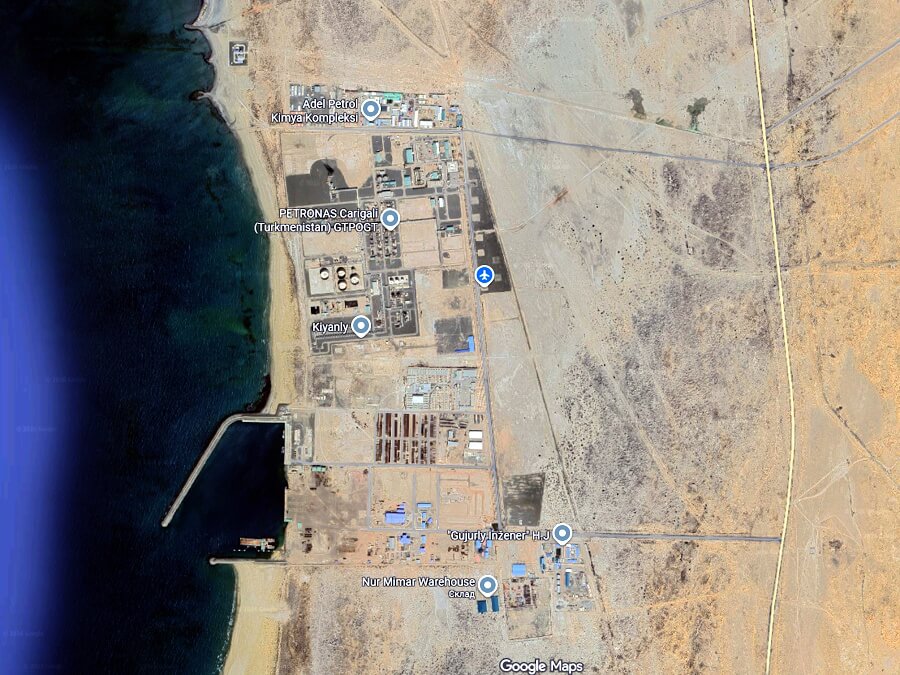Tata Steel Chess Contest Has A New Champion – From Uzbekistan
When he was a child, Nodirbek Abdusattorov dreamed of winning the elite Tata Steel Chess Tournament in the Netherlands. On Sunday, the 21-year-old from Uzbekistan did just that.
Abdusattorov secured the champion´s title after raising his point total to nine, playing with the black pieces in a final round victory over Indian Arjun Erigaisi. Another grandmaster from Uzbekistan, 20-year-old Javokhir Sindarov, came second with eight and a half points.
“I can’t express my happiness with words. It was a long way for me,” Abdusattorov said in an interview posted on the tournament website. He said he had come close to winning the contest in previous years, and finally doing so was a highlight of his career.
“I had a dream to win this tournament when I was a kid and finally my dream came true,” he said. “I just told myself: ‘Don’t let it slip this year.´”
Uzbekistan´s top player had six wins, six draws and one loss in the 13-round tournament.
“For three straight years, Nodirbek Abdusattorov was right there on top going into the final weekend. Three times, the title slipped through his fingers. This year, he came back and finished the story. From heartbreak to redemption,” the tournament said on X.
Abdusattorov won the FIDE World Rapid Chess Championship in 2021 and was part of the team from Uzbekistan that won gold at the 2022 Chess Olympiad in Chennai, India. FIDE is the international governing body of chess.
“I gave everything I had,” Abdusattorov said. “I don’t have plans for celebration but obviously I’m going to do something.”
Sindarov had four wins, nine draws and no losses at the Tata Steel event, where he was the only unbeaten player. He won the FIDE World Cup in 2025, qualifying for this year’s Candidates Tournament, which determines who can challenge the world champion. The current champion is India’s Gukesh Dommaraju.
Over the years, the Tata Steel tournament in the seaside town of Wijk aan Zee has attracted greats of the game including Garry Kasparov, Anatoly Karpov and Magnus Carlsen. The strong showing by Uzbek players in the 14-participant Masters competition this year shows the growing strength of chess talent in Uzbekistan.






